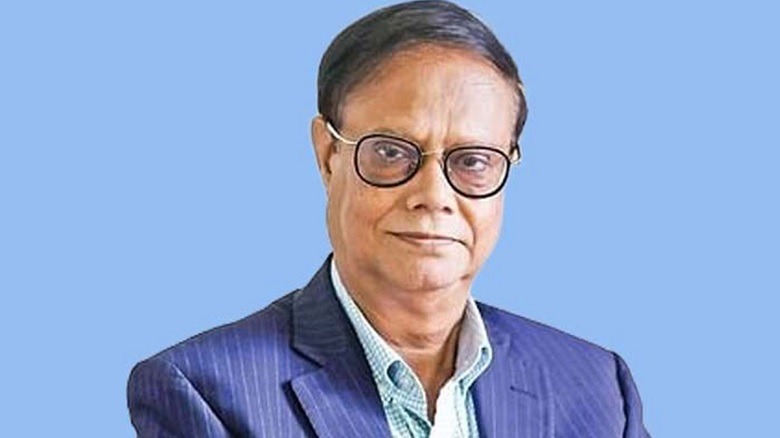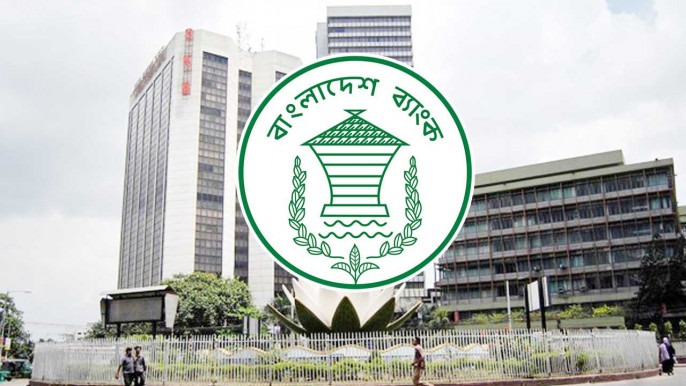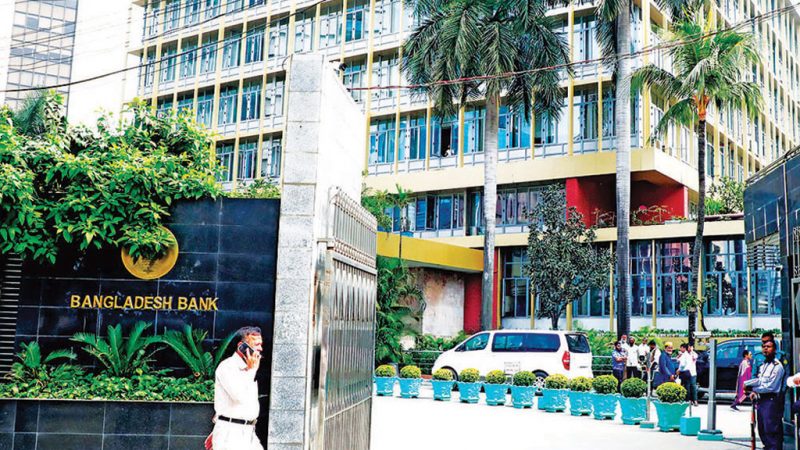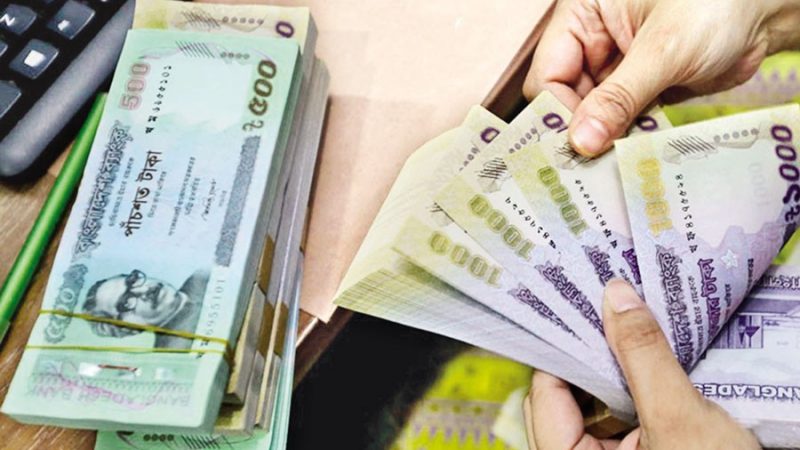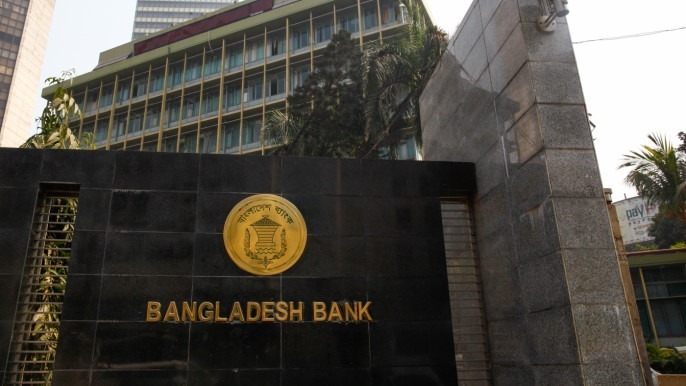Bashundhara paper cos default on Tk 416cr loan
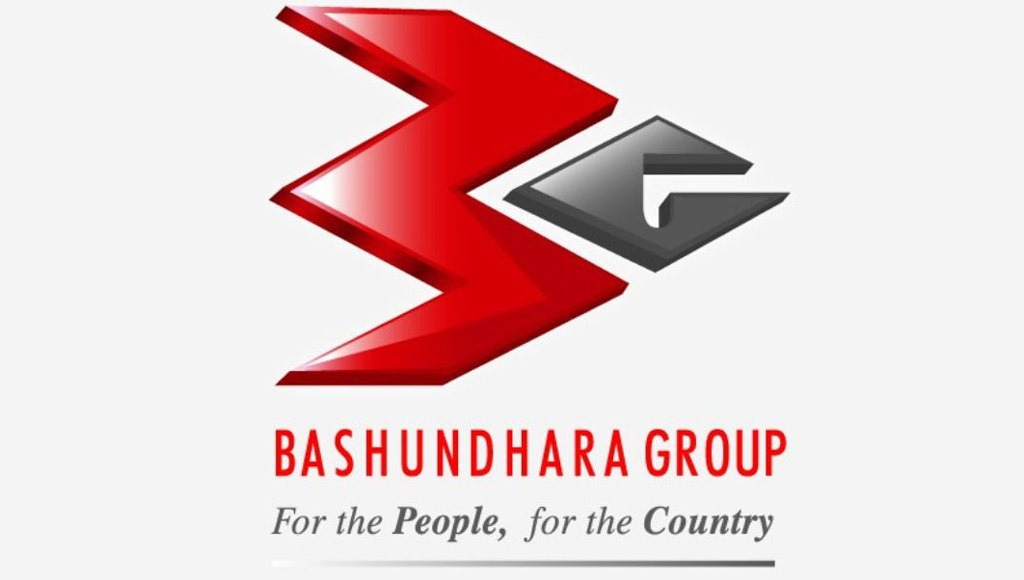
The Bashundhara Paper Mills Limited and the Bashundhara Multi Paper Industries Limited of Bashundhara Group have been listed as loan defaulters by IFIC Bank and Rupali Bank, with a total default amounting to Tk 416 crore.
The default arises from the companies’ failure to settle their Letter of Credit payment obligations on time, leading the banks to convert these dues into forced loans before turning sour eventually, according to the bank officials.
Of the total defaulted amount, BPML owed Tk 174 crore to IFIC Bank and Tk 75 crore to Rupali Bank, while Bashundhara Multi Paper Industries owed Tk 167 crore to IFIC Bank.
BPML’s chairman, Ahmed Akbar Sobhan, is also the chairman of the entire Bashundhara Group, one of the largest and most influential business conglomerates in Bangladesh. He is the president of the Bangladesh Paper Mills Association.
BPML was listed on the Dhaka Stock Exchange in 2018. Bangladesh Securities and Exchange Commission approved its IPO at an unusually high share price of Tk 72–Tk 80 per share despite low earnings per share.
Despite being one of the largest business groups in the country, failure to repay loans remains a big question.
According to MM Jasim Uddin, the Chief Operating Officer of Bashundhara Group, the primary reason for the companies’ inability to settle their LC payments was the severe dollar crisis in the market.
When both companies attempted to make payments, the price of the dollar surged, making the repayment extremely expensive and causing massive financial losses.
He further claimed that the companies communicated with the banks and proposed rescheduling their debts, hoping for a swift resolution.
In 2010, the two companies opened LCs with IFIC Bank to facilitate raw material imports, with the bank acting as a guarantor to foreign suppliers.
When the companies failed to repay these LC dues, IFIC converted the debts into forced loans.
In addition, there were cash credit loans in favour of the two companies. The installments of these loans have also not been paid. Therefore, these CC loans have been classified as default.
Similarly, Rupali Bank turned unpaid UPAS bills into term loans.
Despite multiple rescheduling attempts since the initial default in 2019— including down payments—the companies failed to pay installments and became defaulters again in 2021 and 2023.
According to Bangladesh Bank regulations, any failure to meet six monthly or two quarterly installments disqualifies companies from rescheduling benefits.
Officials from IFIC and Rupali Bank noted that despite frequent follow-ups, none of the companies complied with required payments, leaving the banks no option but to declare them defaulters.
According to BPML’s DSE filings, the company reported a reserve surplus of Tk 1,015 crore and distributed dividends of over 10 per cent each year from 2018 to 2023, reflecting sound financial health.
However, the company did not recommend a dividend for the fiscal year ending June 30, 2024, for the first time. It revealed the true picture of the company’s financial health after the August 5 political shift in the country.
BPML’s long-term loans have now reached Tk 1,741 crore as of March 2024, a substantial increase that has drawn further attention to its mounting debt obligations.
On November 3, the High Court directed the authorities to investigate alleged irregularities in sanctioning a Tk 3,859 crore loan to Bashundhara Group, four days before the fall of the Sheikh Hasina regime on August 5 amid a student-led mass uprising.
The Bangladesh Financial Intelligence Unit in early October asked banks to freeze all personal accounts in the name of Bashundhara Group Chairman Ahmed Akbar Sobhan, his son and the group’s managing director Sayem Sobhan Anvir, and their family members.
In early September, the Criminal Investigation Department had said that the agency launched an investigation against the Basundhara Group chairman and managing director for their alleged involvement in money laundering.
On October 21, a metropolitan magistrate court in Dhaka issued a travel ban on Ahmed Akbar Sobhan and seven members of his family in connection with corruption allegations.
Source: New Age | 11 November 2024 | Author: Mostafizur Rahman


